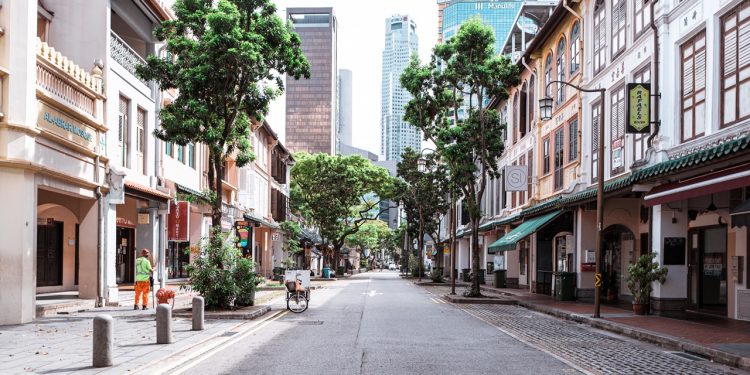This is a contributed article by Labour MP and NTUC Assistant Secretary-General Zainal Sapari. Any extracts must be attributed to the author. 1 June 2020.
In the recent months, news about COVID-19 has become a mainstay. Around the world, we are adjusting to a different way of life and for many of us, a new way of working.
During this period, much has also been shared about the role of essential workers in our community. While many of us have stayed home, most of these workers continue to show up at work to ensure our safety, security, and well-being.
Doing Right by Our Low-Wage Essential Workers
In 2018, David Graeber, an anthropologist and a professor at the London School of Economics, wrote a book called “Bullshit Jobs: A Theory” where he opined that bullsh*t jobs are those that would make no difference to our quality of life and society would be no worse off if they were gone tomorrow.
In contrast, the impact of non-bullsh*t jobs which are truly useful and necessary will be felt if the work is not done. The absence of non-bullsh*t jobs will be felt but if bullsh*t jobs go away, we are no worse off.
In fact, he posits that in our society, the more useful the work is, the less they pay you compared to bullsh*t jobs which can be highly respected and valued, even though completely pointless. In his book, Graeber shared examples of bullsh*t jobs with which I guess many may disagree. However, I think there will be less disagreement on non-bullsh*t jobs – the current COVID-19 crisis has clearly proven so.
While critics have pointed out that Graeber may have been too simplistic, this current crisis has forced many to re-think on the value that our society has placed on essential or non-bullsh*t jobs. I am referring to our frontline workers such as cleaners, public transport workers, security officers, nurses and many others who are at the frontline fighting the spread of COVID-19 and carrying out their duties so that society can have a chance at leading normal lives.
NTUC, together with our affiliated unions, has long championed the cause of our low-wage essential workers. While I am heartened that we have made some progress, there is much more to be done.
Come July 2020, the monthly basic wage level of a general cleaner under the Progressive Wage Model (PWM) will increase by 3 per cent to $1,236. Even with this increase, they remain at the bottom fifth percentile of the resident workforce in terms of gross monthly salary. (Derived through interpolation of the gross monthly income of full-time employed resident workers, excluding employer’s CPF contribution. Source: Labour Force in Singapore, 2019)
Our private security officers are no better off, with an average gross monthly wage of $2,184 (based on an average of 95 hours of overtime per month).
They are at around the 21st percentile, but this requires them to work 12 hours a day, six days a week. If we consider only the basic wage of private security officers of $1,250, well, they are not far off from the bottom fifth percentile as well.
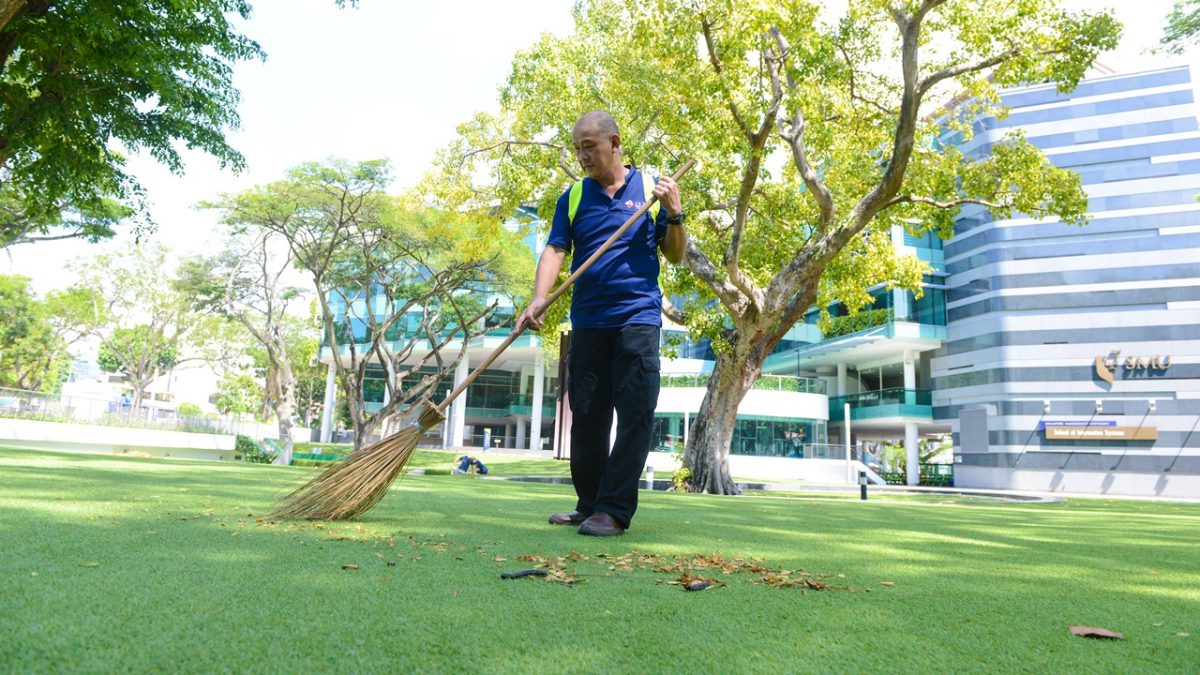
The Honest Truth: Are We Turning a Blind Eye To What Really Needs to Be Done?
During the parliament sitting on 28 February 2020, several other Members of Parliament and I thumped our armrests when it was announced that the public officers on the frontline who were directly battling the COVID-19 virus would be given an additional one-month special bonus. However, there are many essential service workers like cleaners, waste management workers, private security officers who are delivering services that are of paramount importance in curbing and fighting the spread of COVID-19 but are not getting any additional incentives from their companies.
Can our society continue to applaud these essential workers to show our appreciation and yet continue to turn a blind eye when it comes to taking more concrete actions for them? When I spoke to some industry stakeholders about pushing their salaries up, I was cautioned that it might be insensitive to do so now, given that many companies are struggling financially. Yet, in times of economic prosperity, these workers seldom get to feel the same prosperity that others are enjoying through higher increments or bonuses. Even in good times, their employers are constrained by fixed-contract prices which are secured through competitive bidding and always at the expense of better benefits for these non-bullsh*t workers.
While there is the mandatory PWM Bonus for cleaners, it is only a two-weeks’ bonus instead of the typical one month or 13th month bonus that many other employees, including those in bullsh*t jobs, are getting. In the security industry, 78 per cent of security officers surveyed said that they do not receive 13th month bonus. Under the Security PWM, there is no mandatory bonus for security officers as their employers generally prefer for any bonuses to be paid based on performance, both the workers’ and company’s performance. The truth as to why many of these outsourced companies are reluctant to agree to a mandatory bonus is because many service buyers are unwilling to pay higher contract prices.
As a society, I hope this crisis will spur us to do the right thing and rightfully accord the essential workers in the outsourced industries with better wages and better welfare. The income criteria for Workfare Income Supplement is now pegged at $2,300, which is at the 20th percentile, a proxy to define the lower wage group. Assuming this does not increase (which is most unlikely), and with an annual increment of 3 per cent every year, the basic wage of a general cleaner will only hit $2,300 in 21 years’ time. Sad, right? At what percentile then should the wages of our cleaners be? And by when?
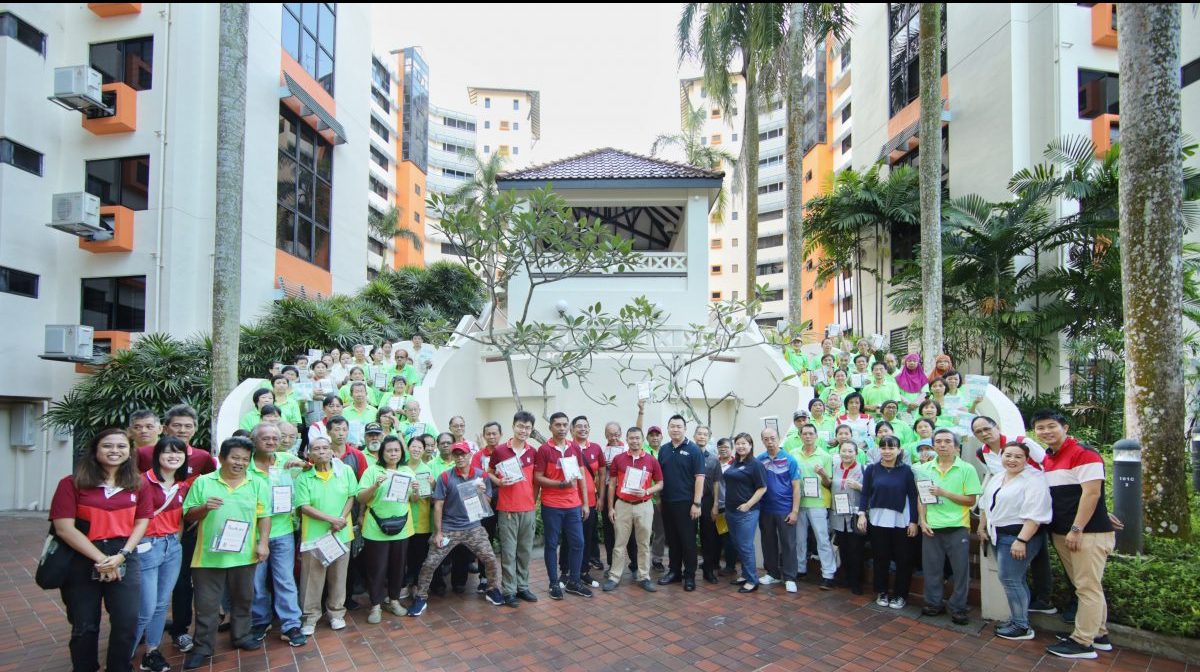
As end-users of essential services, are we prepared to pay more or even change our behaviour to make the work of essential workers easier? As responsible service buyers, are we willing to procure from companies that place greater emphasis on the welfare of their workers? This can be in the form of investing in technology for greater productivity such as autonomous robots. Can the government incentivise service buyers that procure from more enlightened service providers, with everyone benefiting at the end of the day with happier workers and better service outcomes?
The recent events have also brought to light some uncomfortable truths about the manpower situation in Singapore. Malaysia’s Movement Control Order showed that our essential services are heavily reliant on foreign manpower and the Government had to work fast to find Malaysian workers a place to stay to ensure that disruption to our daily lives would be minimised. To ensure better business continuity and sustainability, we need younger Singaporean workers to take on supervisory and managerial roles in an important sector that serves as an integral backbone of a functioning society, and to enable its workforce to upskill for better incomes and careers.
According to a PWM Survey conducted from November 2018 to January 2019, 37 per cent of the respondents in the private security sector and 63 per cent in the cleaning sector are mature workers over the age of 60. As a community, if we truly value these essential jobs in our day-to-day lives, we must push for better wages and better welfare more aggressively, even through legislation if necessary. Only then perhaps, younger Singaporeans will come forward to work in these sectors.
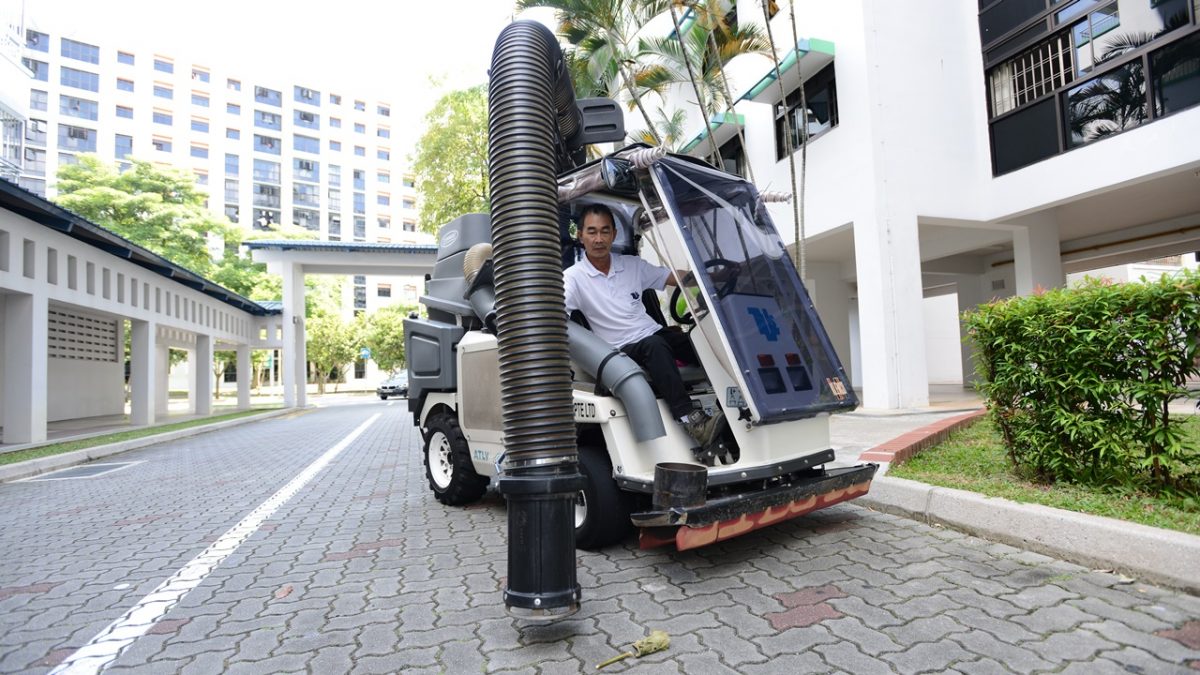
Improving Workfare Income Supplement Scheme
The Workfare Income Supplement (WIS) Scheme has benefitted many of our workers in the essential services by building up their CPF savings and supplementing their income with cash payouts. However, this scheme can be further improved. One suggestion would be to provide a higher WIS payout to workers in the essential services to acknowledge their social value and the hardship faced in their line of work. Another way would be to have greater differentiation in the payouts for full-time versus part-time workers. We should incentivise full-time workers with a higher WIS payout and therefore encourage more Singaporeans to take on full-time jobs in the essential services.
While progress has been made, we must benchmark ourselves with other enlightened countries that place greater value on the work of essential workers. In my recent Facebook post, I made a comparison of how long a cleaner in Singapore would need to work for close to an hour to afford a McDonald’s Big Mac, while a cleaner in Australia would achieve that in less than 20 mins. Likewise, a private security officer here needs to work for 56 mins to earn enough to buy a Big Mac while in developed countries such as Japan, it takes only 18 mins. Don’t our essential service workers deserve better wages? As end consumers, will we begrudge if the higher wage cost is eventually passed down to us? What do you think?
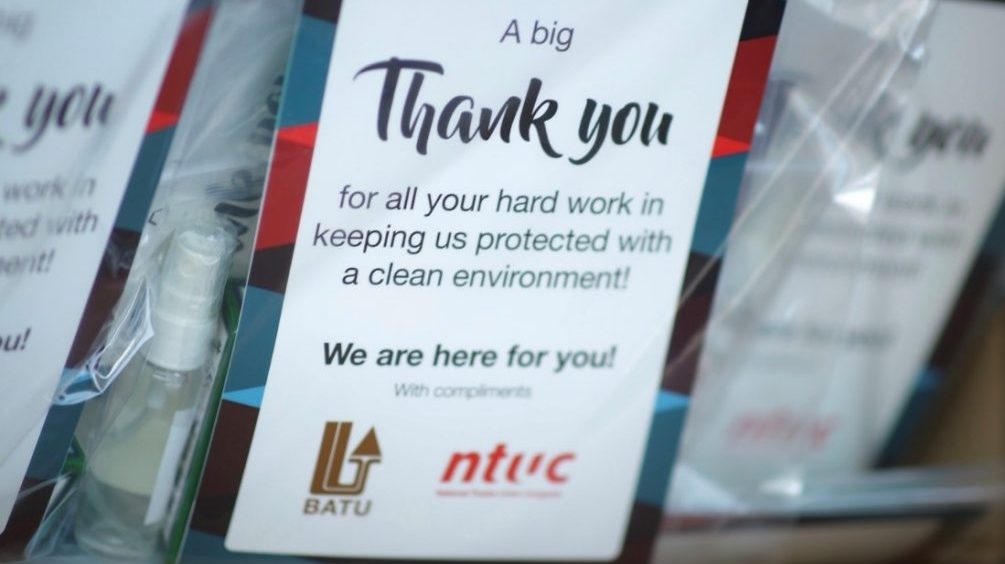
Wages of cleaners, security officers and other essential service workers must be improved significantly. All of us benefit from the hard work of our essential service workers, and now is the time to put our money where our mouth is. The true measure of a country is how we treat the vulnerable among us and we should not wait to make these changes to help our workers. If we cannot live without them, should we not treat and pay our essential service workers better?

